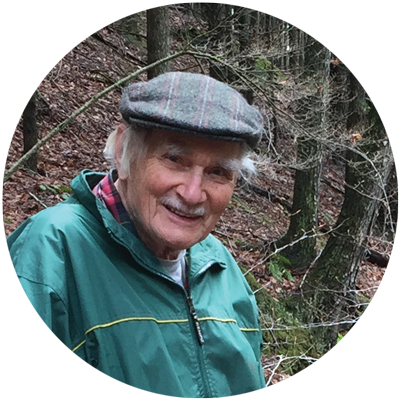Home > Climate News >
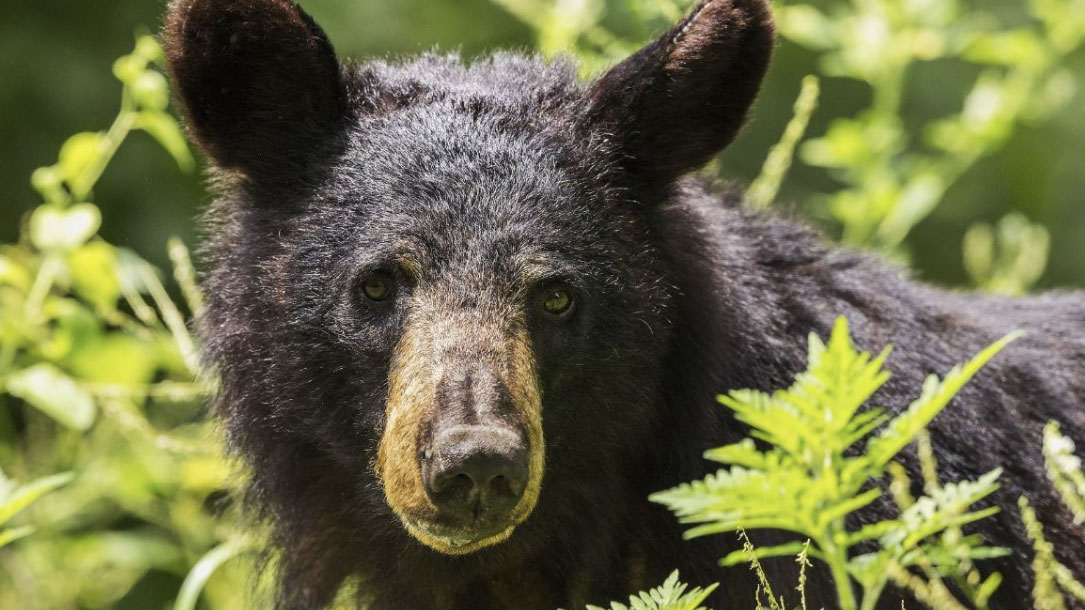
Wildlife collapse from climate change is predicted to hit suddenly and sooner
“It’s not that it happens in some places,” said Cory Merow, an ecologist at the University of Connecticut and one of the study’s authors. “No matter how you slice the analysis, it always seems to happen.”
If greenhouse gas emissions remain on current trajectories, the research showed that abrupt collapses in tropical oceans could begin in the next decade [emphasis added]. Coral bleaching events over the last several years suggest that these losses have already started, the scientists said. Collapse in tropical forests, home to some of the most diverse ecosystems on Earth, could follow by the 2040s…

Wind energy & wildlife: Site it right
Site Wind Right is The Nature Conservancy’s approach to promoting smart, renewable wind energy in the right places—areas that are low impact for conservation, including already developed lands. The strategy has several components:
- Promoting policies and incentives for low-impact renewable energy deployment
- Advancing the science of low-impact siting
- Providing the wind industry and public with information to support low-impact siting
- Pursuing opportunities to work with the renewable energy sector to advance good siting practices
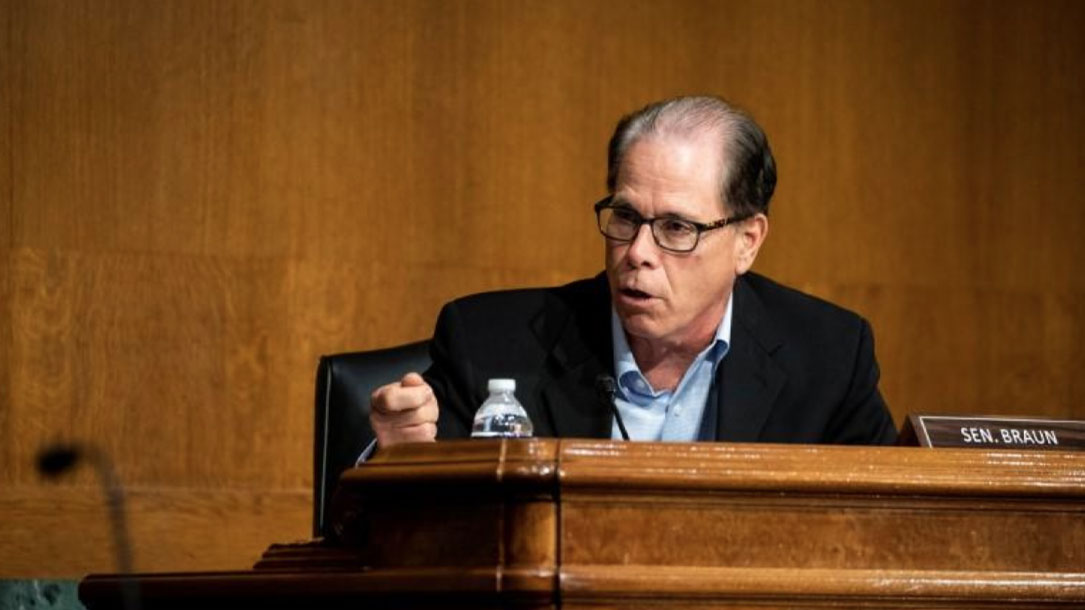
In rare bipartisan bill, U.S. senators tackle climate change via agriculture
U.S. senators on Thursday introduced a bipartisan bill that would direct the Agriculture Department to help farmers, ranchers, and landowners use carbon dioxide-absorbing practices to generate carbon credits, a rare collaboration on climate change.
The proposed Growing Climate Solutions Act directs the USDA to create a program that would help the agriculture sector gain access to revenue from greenhouse gas offset credit markets…
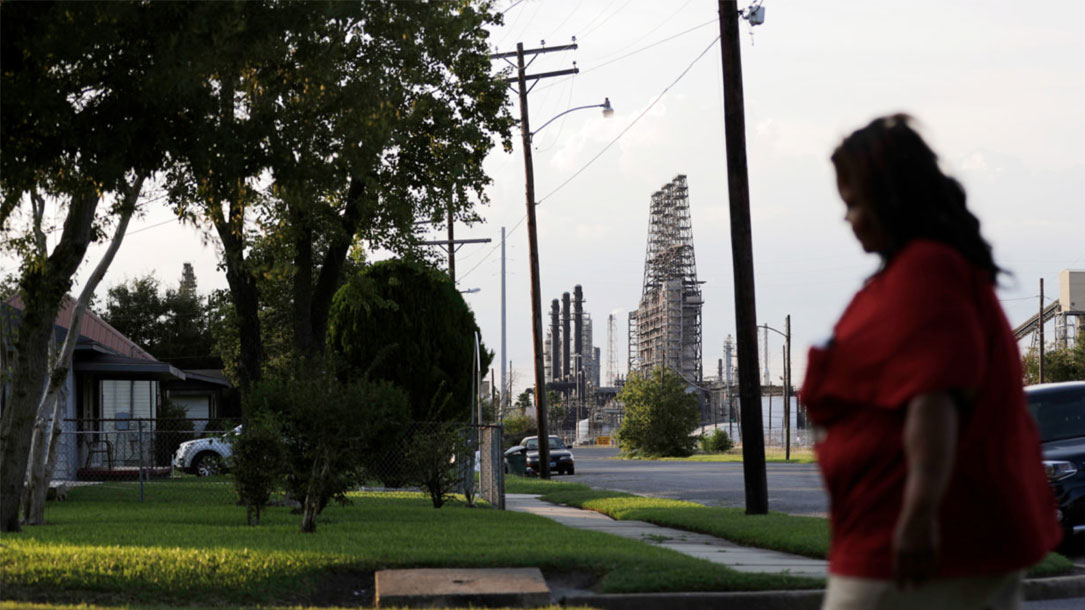
Unequal Impact: The deep links between racism and climate change
The killing of George Floyd by Minneapolis police and the disproportionate impact of Covid-19 on African Americans, Latinos, and Native Americans have cast stark new light on the racism that remains deeply embedded in U.S. society. It is as present in matters of the environment as in other aspects of life: Both historical and present-day injustices have left people of color exposed to far greater environmental health hazards than whites.
Elizabeth Yeampierre has been an important voice on these issues for more than two decades. As co-chair of the Climate Justice Alliance, she leads a coalition of more than 70 organizations focused on addressing racial and economic inequities together with climate change. In an interview with Yale Environment 360, Yeampierre draws a direct line from slavery and the rapacious exploitation of natural resources to current issues of environmental justice. “I think about people who got the worst food, the worst health care, the worst treatment, and then when freed, were given lands that were eventually surrounded by things like petrochemical industries,” says Yeampierre.
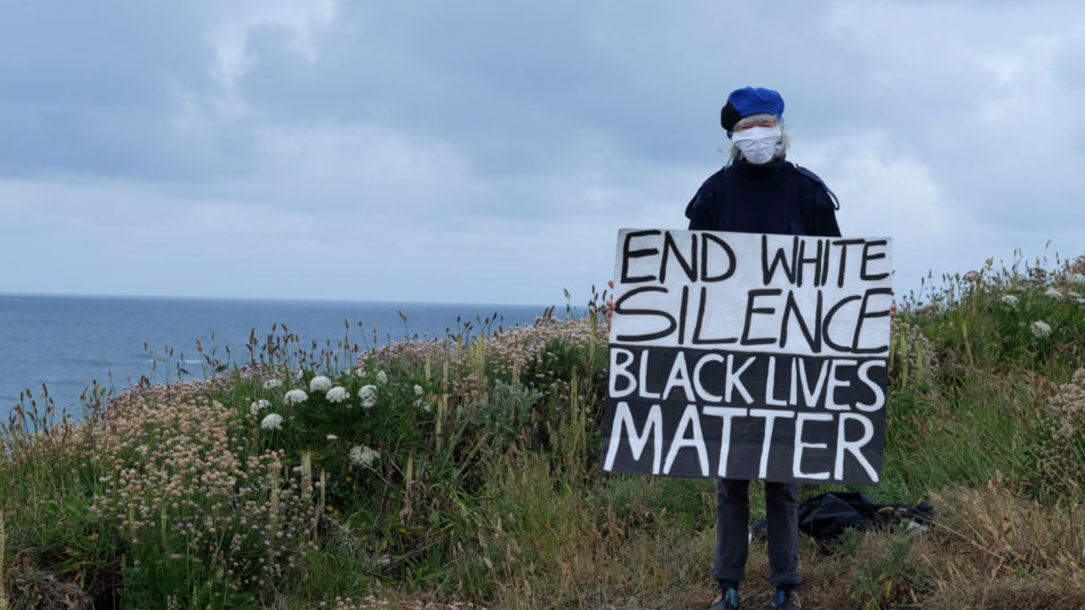
How to help Black people breathe
Nationwide protests over George Floyd’s death at the hands of Minneapolis police continued last night. In D.C., police fired tear gas and rubber bullets into a peaceful protest on Swann Street, kettling them in so they had nowhere to run. Police perpetrated acts of seemingly senseless violence in other cities, too. The Verge has a short list here.
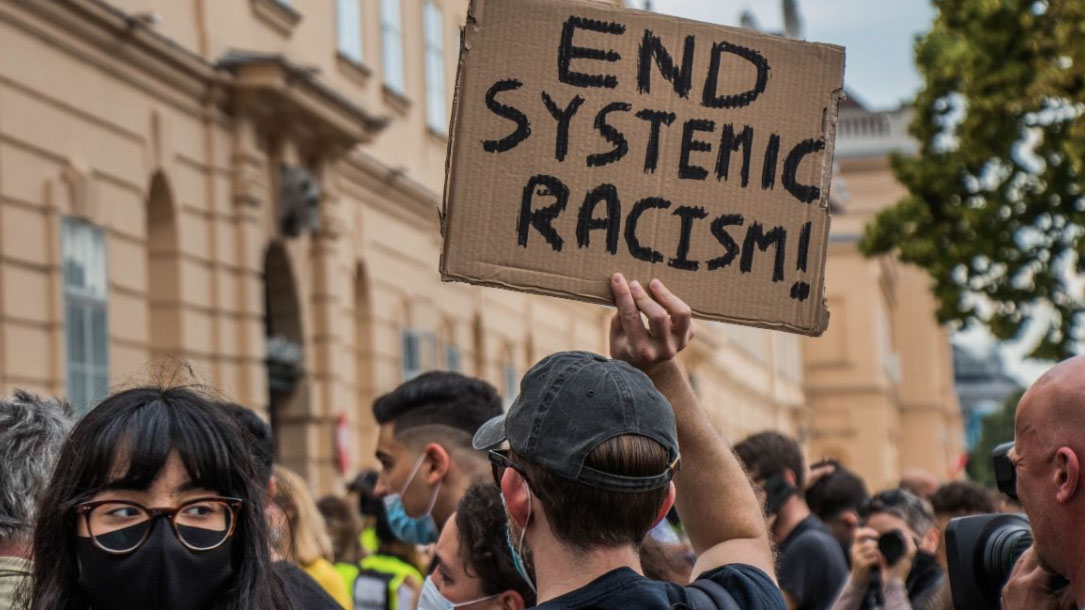
‘Racial justice is climate justice’: Why the climate movement needs to be anti-racist
“Racial justice is climate justice. That means police reform is climate policy.” Emily Atkin, a widely read climate journalist, wrote those words last week in the aftermath of the murder of George Floyd.
Atkin is not alone in making a direct connection between climate change and racism. Numerous environmental leaders and prominent climate activists have issued statements condemning police violence and expressing solidarity with racial justice organizations.
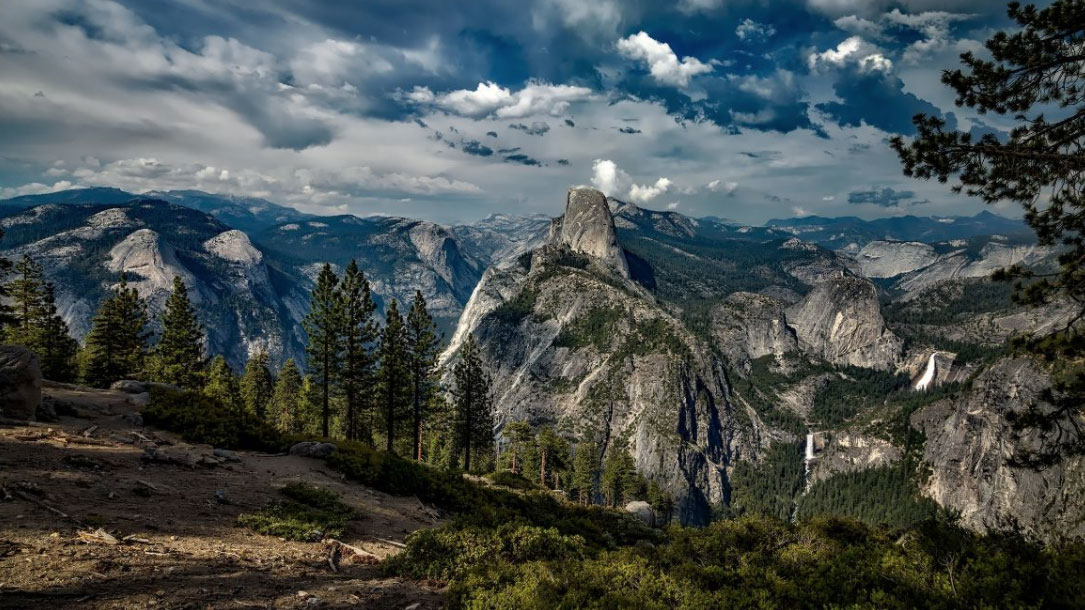
Swift action on climate change could help protect national parks
“The rapid warming can destroy important habitat for plants and animals, but reducing carbon pollution can help. Gonzalez’s research shows that swift action could reduce the expected heat increase in national parks by up to two-thirds.
‘The U.S. national parks protect some of the most irreplaceable natural areas and cultural sites in the world,’ he says. ‘Cutting carbon pollution would reduce human-caused climate change and help save our national parks for future generations.'”
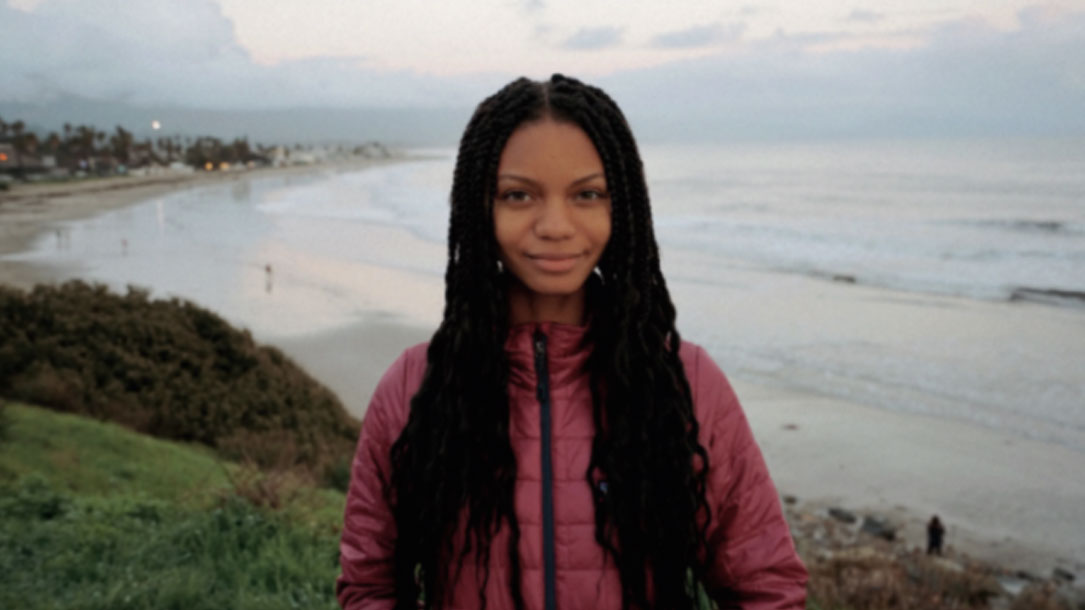
What environmentalists can learn from the Black Lives Matter movement
‘While civil rights leaders in the 1960s were advocating for changes in their communities, they were also raising awareness for environmental and public health concerns that disproportionately impacted them.
The civil rights movement paved the way for the environmental movement, and in 1968, Black sanitation workers in Memphis went on strike to protest low pay and dangerous working conditions. The night before his assassination, Dr. Martin Luther King Jr. told the group of strikers, “We’ve got to give ourselves to this struggle until the end. Nothing would be more tragic than to stop at this point in Memphis. We’ve got to see it through.”…’
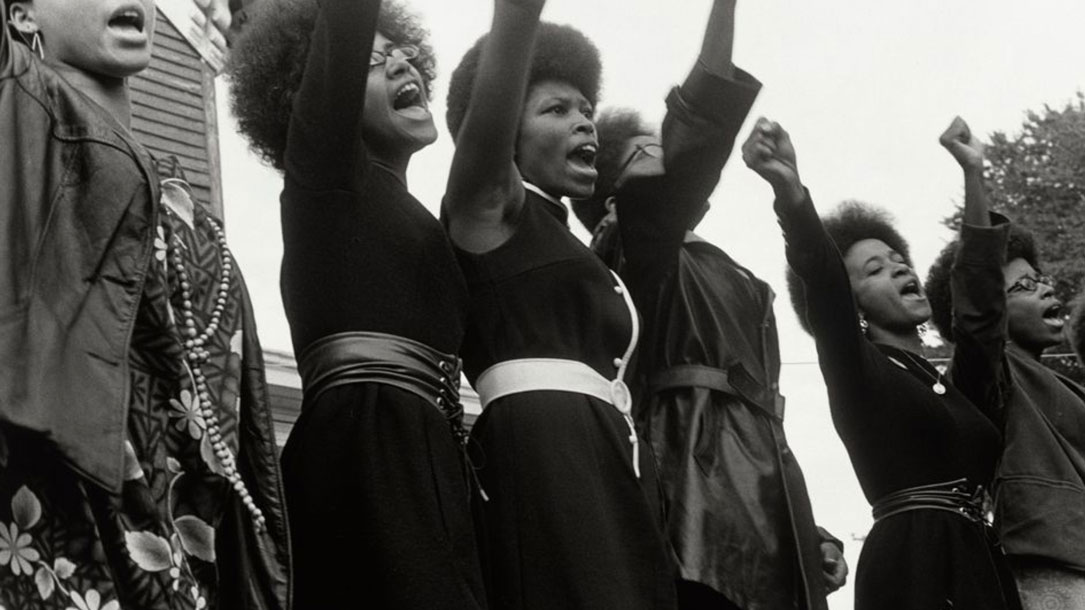
158 resources to understand racism in America
In a short essay published earlier this week, Smithsonian Secretary Lonnie G. Bunch wrote that the recent killing in Minnesota of George Floyd has forced the country to “confront the reality that, despite gains made in the past 50 years, we are still a nation riven by inequality and racial division.”
Amid escalating clashes between protesters and police, discussing race—from the inequity embedded in American institutions to the United States’ long, painful history of anti-black violence—is an essential step in sparking meaningful societal change. To support those struggling to begin these difficult conversations, the Smithsonian’s National Museum of African American History and Culture recently launched a “Talking About Race” portal featuring “tools and guidance” for educators, parents, caregivers and other people committed to equity.
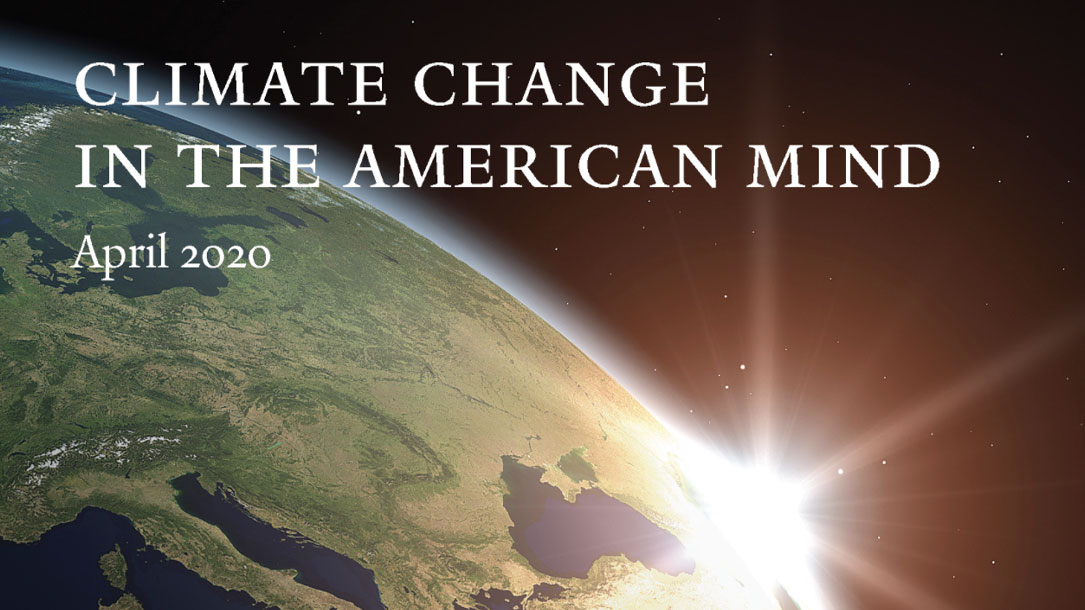
Climate change in the American mind: April 2020
Our latest national survey finds that, in the midst of the COVID-19 epidemic, American public opinion about climate change has remained steady and, in some cases, reached all-time highs. For example, Americans’ understanding that climate change is happening has tied the prior all-time high, and public understanding that global warming is human-caused has reached an all-time high. The report includes many other interesting findings, including how often Americans hear and talk about global warming.



